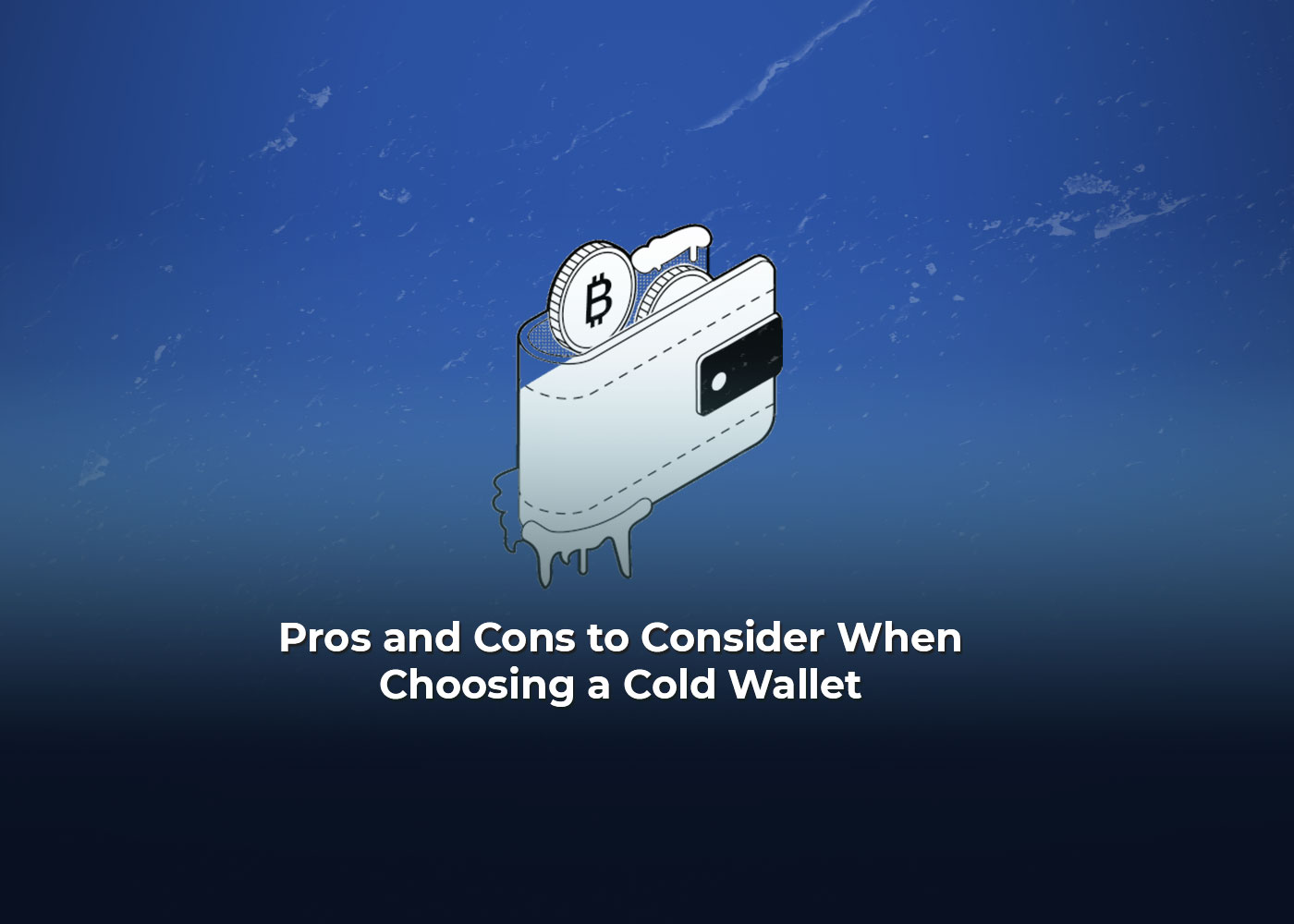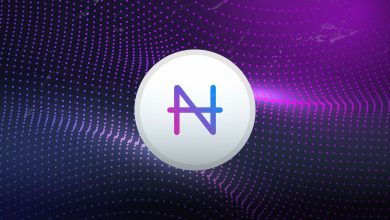Pros and Cons to Consider When Choosing a Cold Wallet

A cold wallet is an excellent option if you’re looking to securely store your cryptocurrency. Unlike its “hot wallet” counterparts that are connected to the internet and thus more vulnerable to hacking attempts, a cold wallet keeps your digital assets offline, providing greater protection from malicious activity. However, choosing the right cold wallet can be complicated and, if mishandled, could lead to a breach in security or loss of funds. Today, we’ll discuss the different pros and cons you should consider before investing in such a device for the long-term storage of cryptocurrency.
If You Have Decided Which Type Of Cold Wallet To Choose, Let’s Take A Look At The Differences Between Full Node And Light Wallets
Another vital step to consider when choosing a cold wallet is the difference between a full node and a light wallet.
Full Node Wallets:
A full node wallet provides comprehensive security to your digital assets by downloading and storing the entire blockchain of a specific cryptocurrency on a hard drive. The extra layer of protection this wallet offers is remarkable, plus it comes with many additional pros:
- Full node wallets bring users heightened security, privacy, and control. The blockchain is completely downloaded into the wallet, providing a higher level of protection than thin wallets.
- Furthermore, all information is stored locally, which enhances user anonymity.
- Additionally, with full node wallets, users have full command over their cryptocurrency transactions as they can independently confirm them and initiate new ones if desired.
On the other hand, there are several cons to using a full node wallet. Here are some examples:
- Users with limited resources often find it difficult to store a large amount of data on their full-node wallets due to the requirement for an abundance of free disk space.
- Compared to light wallets, transaction authentication and network synchronization are slower with full nodes.
Light Wallets:
Light wallets, lightweight versions of full node wallets, are advantageous to full node wallets in various ways. They don’t contain the whole blockchain like a heavy wallet; instead, they only download what’s necessary for transactions to be properly processed. Some pros over their bulky counterparts include:
- Light wallets can process transactions rapidly, as they only download essential data.
- By using light wallets, you can save a significant amount of storage space.
Although light wallets can be more user-friendly, they are not as secure as full node wallets because transactions must be validated by a third-party server, which is one of the cons of light wallets.

Overall Pros and Cons of Cold Wallets
Cold wallets are an increasingly popular solution for securely storing and transacting with digital currency, as they offer a high level of physical security. Cold wallets can be either hardware or paper-based, but both are typically highly recommended for users looking to protect their crypto investments. On the plus side, cold wallet owners will typically have full control over their private keys, making them less vulnerable to common cyberattacks; and no online presence means there’s no need to worry about privacy issues on the web.
On the downside, cold wallets complicate user experience by requiring manual transferring of assets into and out of wallets; additionally, due to their offline nature, transactions with cold wallets can take longer and may require help from third parties to complete. Ultimately it is up to the owner, depending on their own needs, preferences, and individual circumstances, to decide which type of wallet is most suitable.
Final Words
Overall, there are more pros than cons to using a cold wallet. However, it is important that you do your research before making any purchase. Make sure you know what type of cold wallet would work best for you and your needs. With a little bit of planning, a cold wallet can be a great way to keep your cryptocurrency safe.
You might check: An Introduction to SingularityNET Coin: What Is It? How Does It Work?




